In my app I have a scroll view and four table views. Each time one is dragged and then released, I get a 48 byte leak. This really adds up. As you can see, both groups of leaks have the same source. Has anyone seen a leak like this before?


Edit 1:
When I click on the arrow next to the leak, I get this information for the leak:
